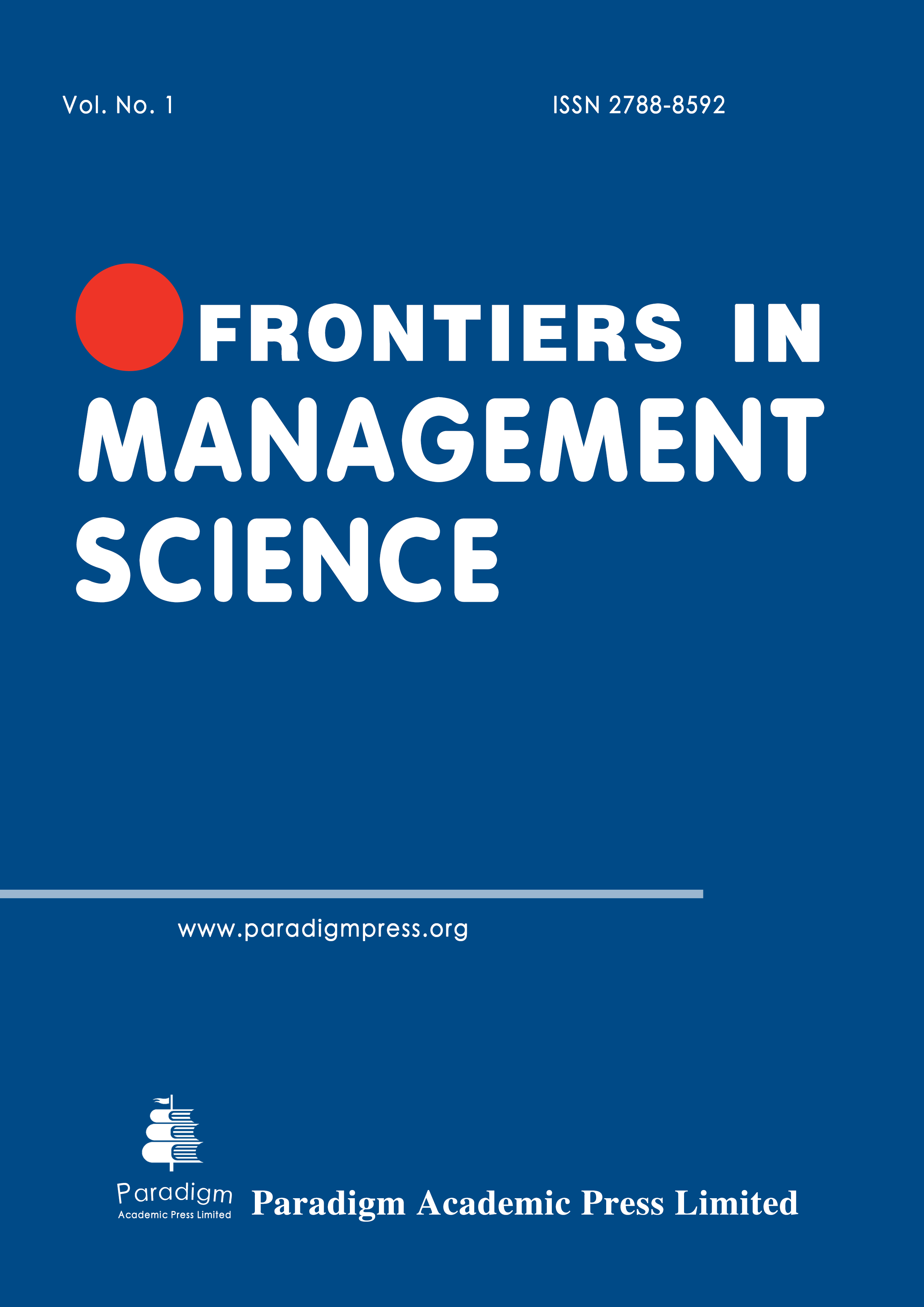Diversity Management: To What Extent Could It Be Argued that “New Normal” Work Systems Affect Work-Life Balance in the UK’s Labour Market
Abstract
Post-COVID-19 pandemic, there are suggestions to retain the work systems that were developed during the pandemic as a means of establishing resilience and adaptiveness to potential future disruptions in the UK and other places across the globe. These work systems predominantly were constructed based on digital technologies that supported home offices and remote working. Previously, remote working was considered to be an option to the office environment that allowed for increased flexibility thereby conforming to the needs of work-life balance. However, remote working was not a mainstay work arrangement but rather an option exercised particularly in high-skilled industries. The pandemic forced a mass transition to remote working eliciting new perspectives on work-life balance. Emerging literature indicates that contrary to the arguments of increased flexibility, remote working contributes to work intensification and increased inequalities that have led to a negative distortion of the previously established work-life balance. Thus, the extent to which the new work systems impact work-life balance in the UK remains ambivalent and necessitates further research.



